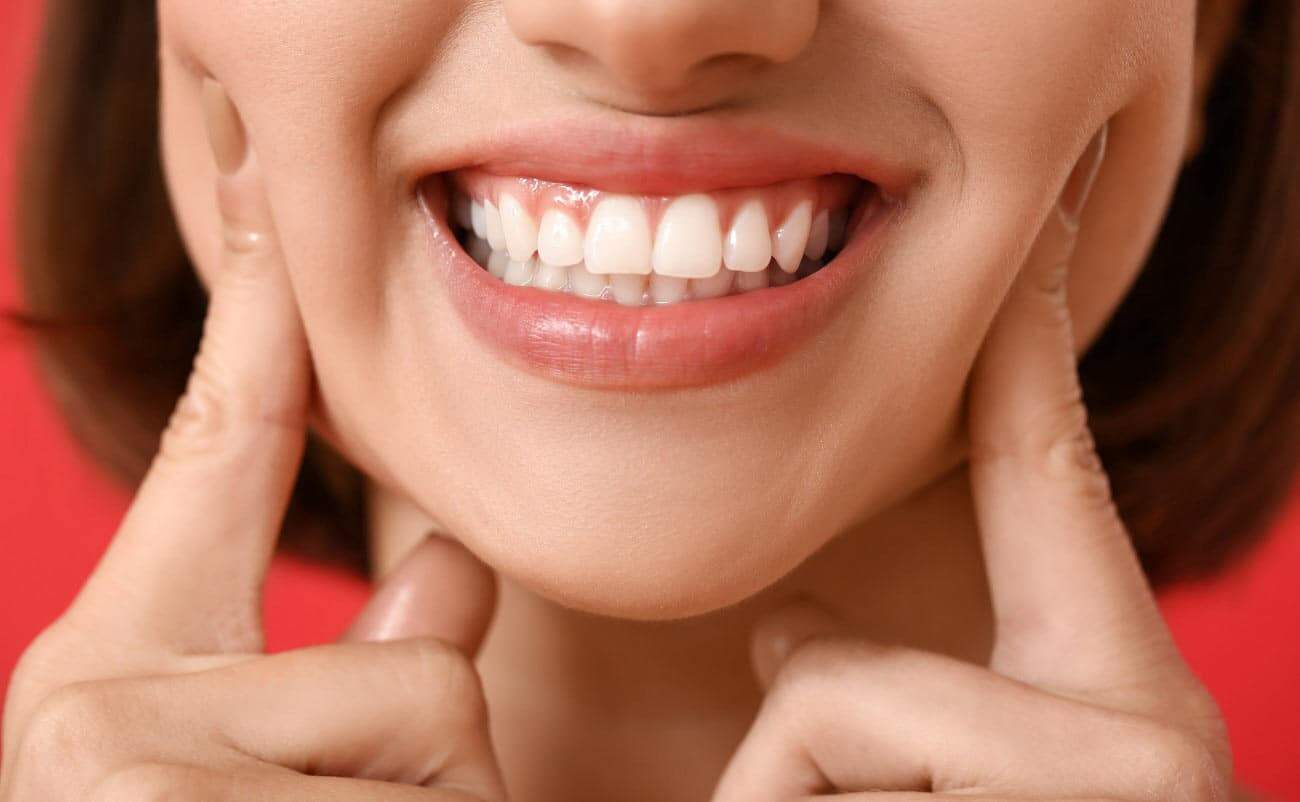
Addressing 10 Common Concerns About Oral Health
In today’s blog article, we will discuss and provide answers to some common concerns you may have about oral health. It’s important to prioritize our oral hygiene because it not only impacts our overall health but also plays a significant role in our self-confidence and social interactions. Let’s dive into these concerns and learn more about maintaining a healthy and beautiful smile.
A few quick things to about oral health care
Can poor oral health affect overall health?
Maintaining good oral health is not just about having a bright smile; it also has a direct impact on our overall well-being. Poor oral health has been associated with several health conditions such as cardiovascular diseases, diabetes, respiratory infections, and even pregnancy complications. This emphasizes the importance of regular dental check-ups and practicing proper oral hygiene habits at home.
What are the signs of gum disease?
Gum disease, also known as periodontal disease, can be identified through various signs and symptoms. Keep an eye out for red and swollen gums, bleeding while brushing or flossing, persistent bad breath, loose teeth, and a receding gum line. If you notice any of these symptoms, it is essential to seek professional dental care to prevent further damage and potential tooth loss.
How often should I visit the dentist?
Regular visits to the dentist are crucial in maintaining optimal oral health. It is generally recommended to visit your dentist every six months for a routine dental check-up and cleaning. However, the frequency may vary based on individual needs and any pre-existing dental conditions. Your dentist will be able to advise you on the ideal frequency tailored to your specific oral health requirements.
Are natural remedies effective for oral health?
Natural remedies can provide some benefits for oral health; however, they should not replace proper dental care. While practices like oil pulling, saltwater rinses, and herbal remedies can offer temporary relief for certain dental issues, they do not address the root causes of oral problems. It is best to consult your dentist for a comprehensive treatment plan that combines professional dental care with any natural remedies you may choose to incorporate.
Is it right to skip flossing occasionally?
Flossing is an integral part of maintaining good oral hygiene as it reaches areas that brushing alone cannot effectively clean. While it’s understandable that you may occasionally miss a flossing session, it is important not to make it a habit. Regular flossing helps remove plaque and food particles between your teeth, reducing the risk of gum disease and tooth decay. Try to make flossing a part of your daily oral hygiene routine.
When should children start seeing a dentist?
It’s never too early to start prioritizing your child’s oral health. The American Academy of Pediatric Dentistry recommends scheduling your child’s first dental visit within six months of their first tooth eruption or by their first birthday, whichever comes first. Early dental visits are essential for preventive care, monitoring tooth development, and establishing a positive relationship between your child and their dentist.
How does stress impact oral health?
Stress can take a toll on our overall health, including our oral health. When we experience stress, our bodies release hormones that can lead to increased inflammation in the gums, a weakened immune system, and a higher risk of developing gum disease. Additionally, stress often leads to detrimental habits such as teeth grinding or clenching, which can cause tooth damage. Managing stress through relaxation techniques and self-care can help mitigate these oral health risks.
What can I do if I have dental anxiety?
Dental anxiety is a common concern that prevents many individuals from seeking necessary dental care. Fortunately, there are strategies to help alleviate dental anxiety. Communication is key; express your fears and concerns to your dentist, and together, you can develop a plan to make your dental visits more comfortable. Techniques such as deep breathing exercises, listening to calming music, or even considering sedation dentistry can also help ease dental anxiety. Learning music, and songwriting also improves your overall health, Learn Singing and Songwriting like a Superstar…
Is teeth whitening safe for everyone?
Teeth whitening can be an effective way to enhance your smile, but it may not be suitable for everyone. If you have underlying dental conditions such as tooth decay, gum disease, or tooth sensitivity, it is crucial to address these issues before embarking on any teeth whitening treatments. It is best to consult with your dentist to determine if teeth whitening is a safe and appropriate option for you.
What are the alternatives to braces for teeth straightening?
Braces are a popular method for teeth straightening, but they may not be the ideal choice for everyone. Fortunately, there are alternative orthodontic treatments available. Some options include clear aligners, such as Invisalign, which are virtually invisible and removable, or lingual braces, which are placed on the back of the teeth. These alternatives offer a more discreet and comfortable solution for achieving a straighter smile. Consulting with an orthodontist will help determine the most suitable treatment option for your specific needs.
In conclusion, Remember, maintaining good oral health requires consistent effort and regular professional dental care. By addressing these common concerns and being proactive in your oral hygiene routine, you can achieve a healthy and confident smile that positively impacts your overall well-being.
Table of Contents









No Comments